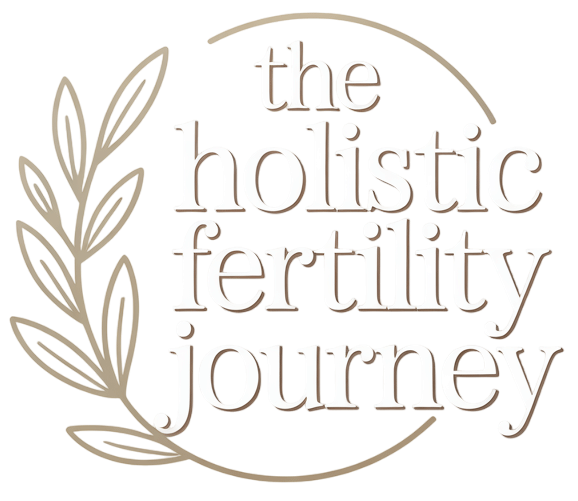Looking Forward with Compassion and Possibility
Holistic fertility is both structure and softness—a foundation rooted in practical advice, with plenty of room for flexibility, kindness, and hope. Its principles invite you to care for your whole self, not just your reproductive system.
Whether you are at the start of your journey, feeling uncertain, or seeking new ways to trust your body again, each small shift—nourishing foods, mindful pauses, breathable spaces, supportive connections—moves you closer to balanced fertility. Every journey is unique, and the most valuable principle may simply be honoring your path, at your pace, with patience and self-compassion.
For further reading on holistic fertility care, explore trusted sources such as the National Institutes of Health, Fertility Society, and the Cochrane Collaboration.
